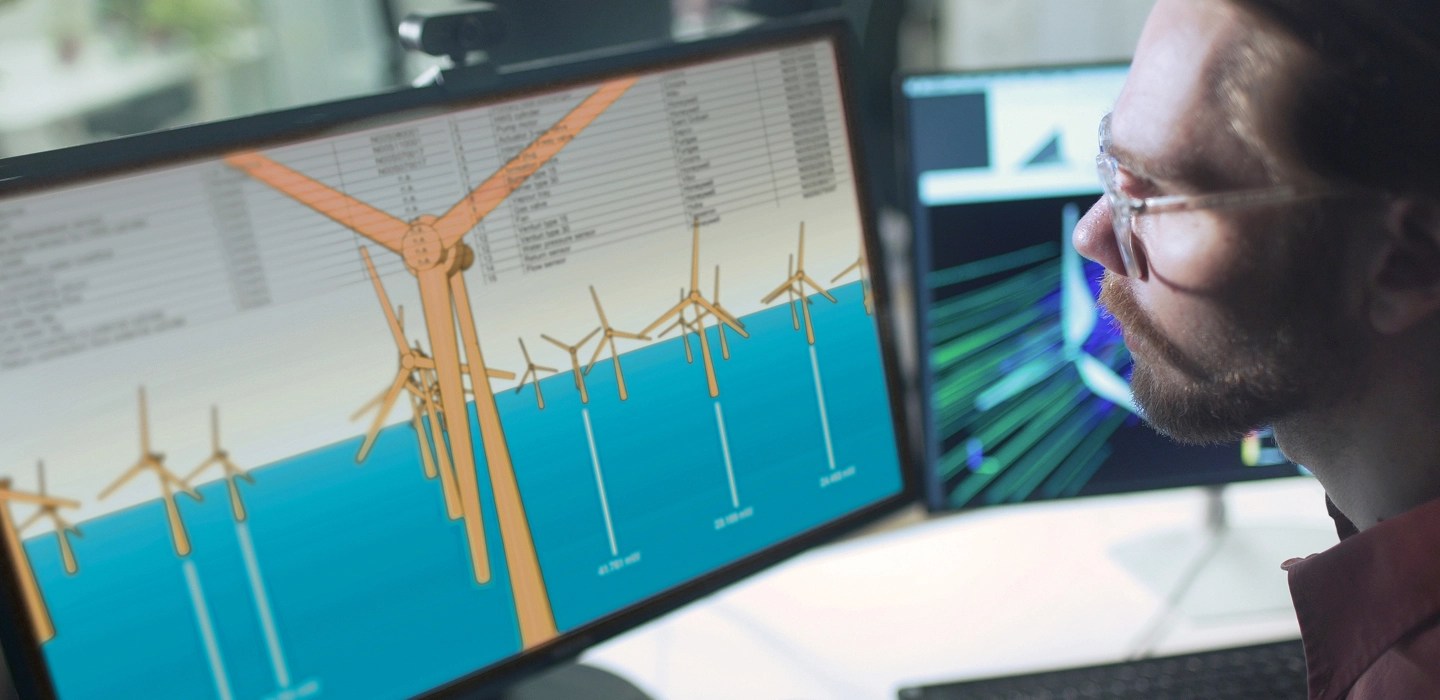
A complete guide to environmental science degrees
Paint the future green with a degree that takes you from classroom advocate to conservationist champion.
Our planet needs problem-solvers. As climate change accelerates and ecosystems face unprecedented pressure, the demand for environmental scientists is growing fast. Blending biology, chemistry, physics, and geography, environmental science gives you the tools to understand—and change—the world around you. If you’re passionate about the planet and ready to turn scientific knowledge into real-world impact, an environmental science degree could be your next step. In this guide, explore what you’ll learn, where it can take you, and how to begin a career that truly matters.
Topics you’ll explore
What you do after getting your degree may differ from your peers, but most environmental science degrees combine the basics of the field with more specialised studies:
Climate change and energy systems
Biodiversity and conservation
Pollution and waste management
Environment policy and ethics
Sustainable development
Scientific modelling and data analysis
Skills you’ll gain
An environmental science degree equips you with a mix of technical expertise and transferable skills, preparing you for a variety of roles in the future:
Hard skills
- Data collection and analysis
- Scientific research skills
- Laboratory skills
- Environmental law and ethics
- Geographic Information Systems (GIS)
Soft skills
- Communication
- Project management
- Teamwork and collaboration
- Creative problem-solving
- Attention to detail
Degree routes available to you
The world is vast, and so are your options for an environmental science degree. Here are just a few pathways to a meaningful career in the field:
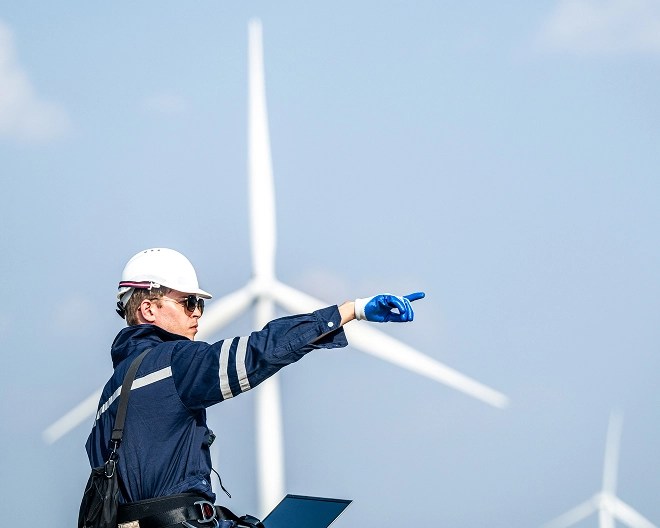
BSc/MSc Environmental Science
Investigate how natural systems function and how we can develop sustainable solutions to human-driven environmental challenges.
BSc/MSc Geography and Environmental Science
Explore how physical geography and environmental processes interact, using spatial analysis to address global and local issues.
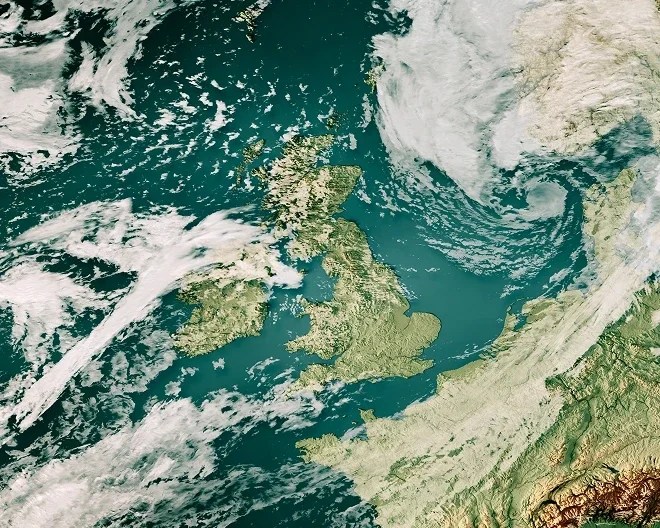

BSc/MSc Environmental and Earth Sciences
Delve into Earth’s systems (geology, climate, and natural resources) to better understand and respond to environmental change.
BSc/MSc Ecology and Environmental Science
Study ecosystems and biodiversity through an ecological lens, with a focus on conservation and environmental impact.
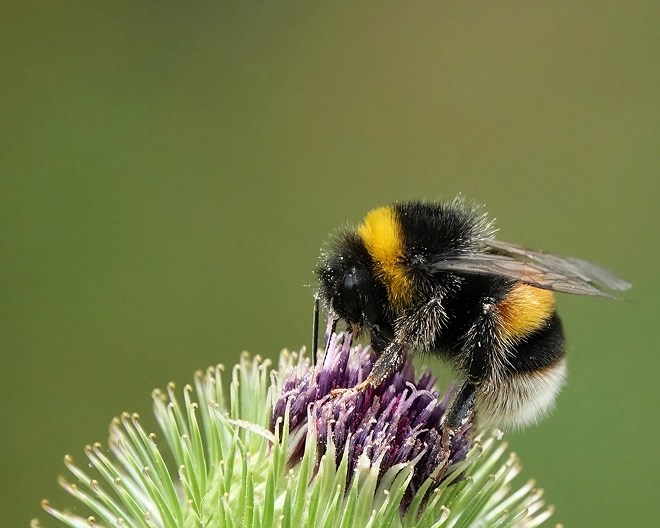

BSc/MSc Environmental Science and Sustainability
Examine how sustainable practices and policy can support environmental, economic, and social well-being in a rapidly changing world.
BSc/MSc Wildlife Ecology and Conservation Science
Focus on wildlife biology, habitat protection, and evidence-based approaches to conserving endangered species and ecosystems.
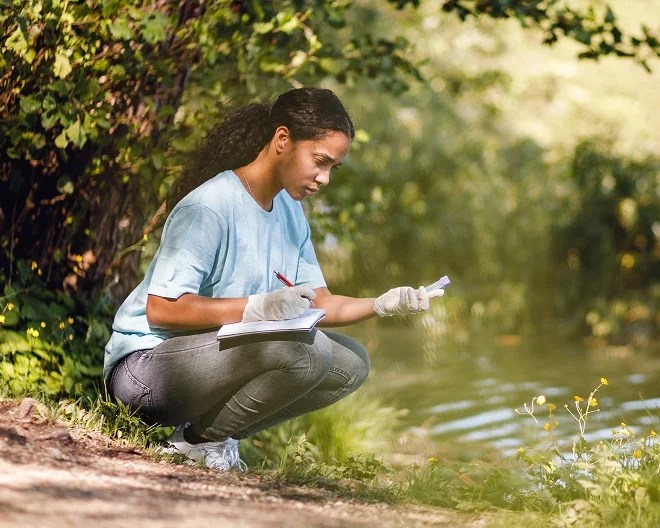
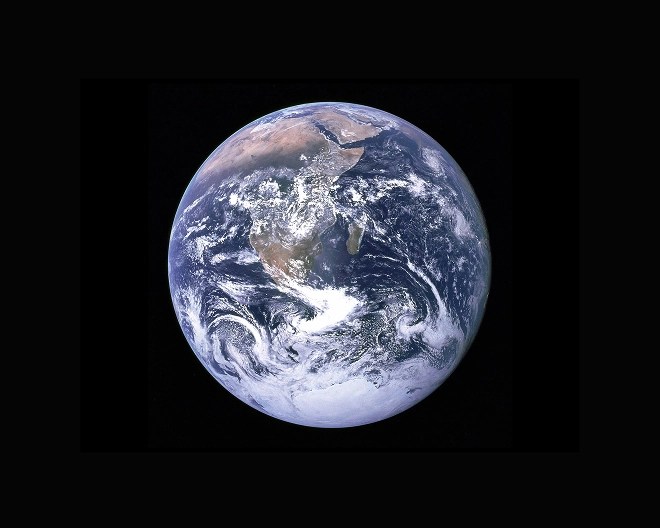
BSc/MSc Environmental Science and Climate Change
Gain the tools to analyse climate systems, develop mitigation strategies, and support adaptation in the face of global climate shifts.
Common questions about environmental science degrees
Must-haves
- Relevant academic qualifications
- Scientific and analytical mindset
- Interest in the environment and sustainability
Nice-to-haves
- Volunteering, work or field experience with an environmental or science organisation
- Knowledge of current environmental news and issues
- Strong written communication
Your exact assessment mix will depend on the programme. If you choose to study online, all assessments will be completed remotely, making it easier to balance your studies with work or other commitments.
You’ll cover a broad range of topics, build valuable research skills, and deepen your understanding of environmental systems and global challenges. With commitment and curiosity, you’ll be well-positioned to earn a strong degree and make a meaningful impact.
Why pursue an environmental science degree
Global impact
Contribute to solving global challenges like climate change, biodiversity loss, and pollution through meaningful work.
Practical skills
Gain in-demand expertise in data analysis, scientific research, and sustainability practices.
Diverse careers
Explore roles in conservation, environmental policy, engineering, and more.
Outdoor work
Spend your working days outdoors and away from a computer screen.
Expert connections
Learn from leading researchers and connect with professionals in the field.
Future growth
Stay at the forefront of environmental innovation.
Where this degree will take you
An environmental science degree opens doors to a variety of rewarding careers, both in the UK and globally. Here are some common paths you can explore:
Environmental Scientist
Conduct research and fieldwork to address environmental challenges like pollution and climate change.
Wildlife Conservationist
Protect endangered species and habitats through conservation projects and policy advocacy.
Environmental Consultant
Advise businesses and organisations on sustainable practices and compliance with environmental regulations.
Sustainability Consultant
Help companies reduce their environmental impact and implement eco-friendly strategies.
Ecologist
Study ecosystems and biodiversity to inform conservation efforts and land management.
Water Quality Inspector
Monitor and improve the safety of water resources for communities and ecosystems.
Find your environmental science degree
Common questions about environmental science careers
Our related degrees
Want help choosing the right degree?
Complete this form and we’ll share guides, insights, and top courses to help make your degree journey that much clearer.



